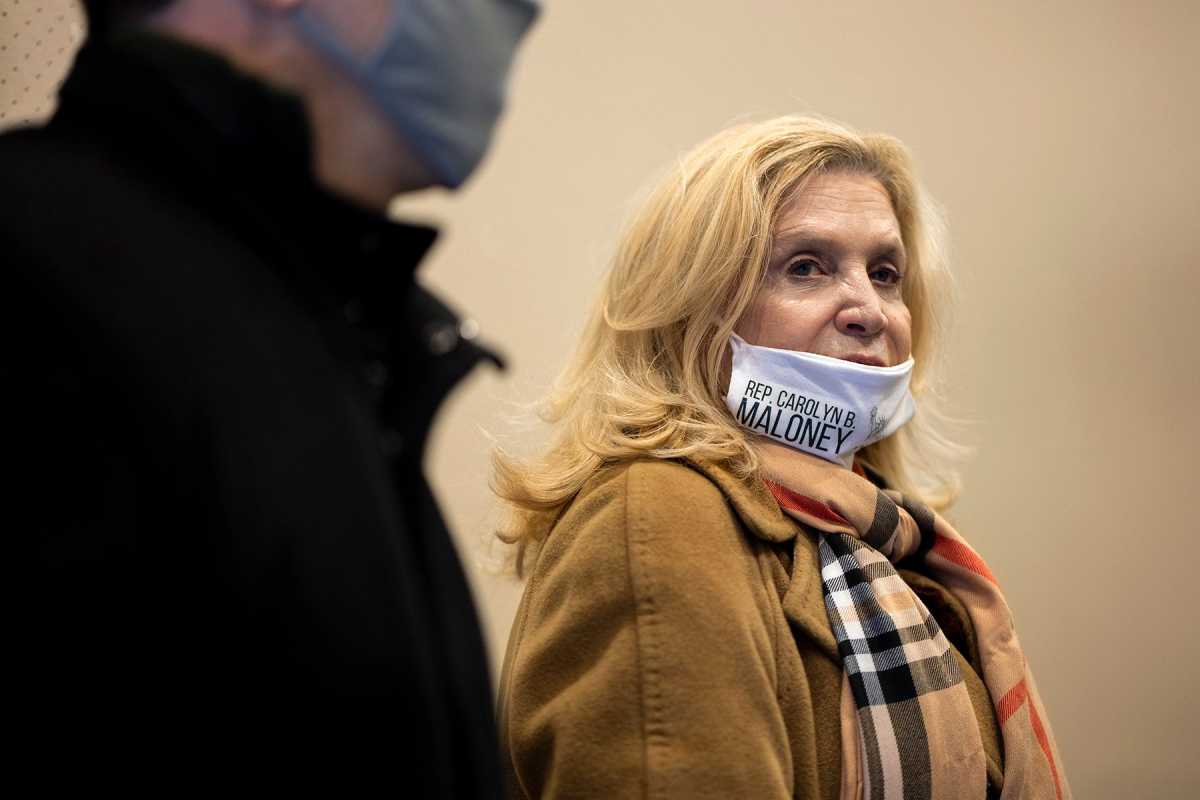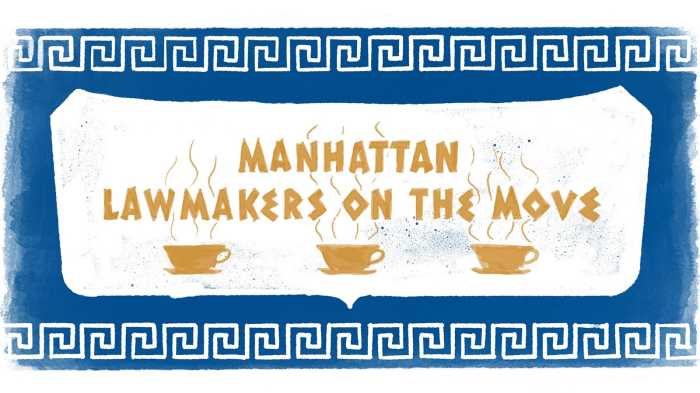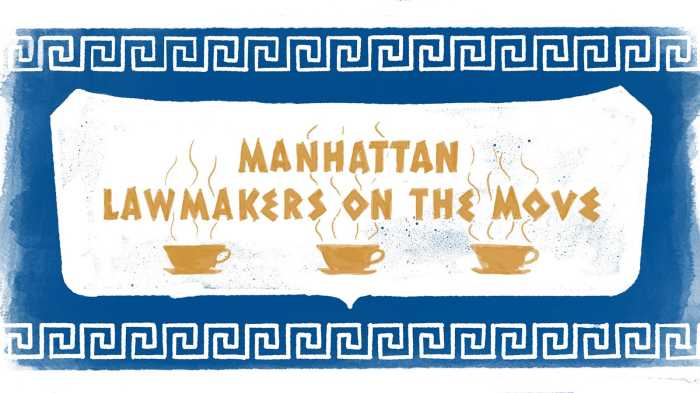U.S. Rep. Carolyn Maloney (D-Manhattan, Brooklyn, Queens) updated reporters in front of her office Sunday morning about several key accomplishments that occurred in Congress over the prior week.
As the update kicked off she recognized that the previous night had seen “the deadliest twenty four hours since the pandemic started,” with 3,100 deaths. Still, Maloney offered optimism amid the latest news of a vaccine for COVID-19, noting that first responders are on track to receive it by the end of December.
She continued with the exciting news that House Speaker Nancy Pelosi (D-CA) and Senate Majority Leader Mitch McConnell (R-KY) were negotiating a bill offering financial relief to those the pandemic has affected, previously thought to be dead on arrival.
“A compromise bill with a $908 billion framework has come out that can be built on,” said Maloney, warning that a failure of passage could lead to an economic depression. “This has been endorsed by President-elect [Joe] Biden (D), giving it a great amount of energy and momentum. We will run out of money December 11, so we must have a package of continuing resolutions for the funding of the country.
Maloney added that emergency relief was also crucial for the MTA’s operations. “If we don’t get relief to the MTA, I’m afraid the massive cutbacks on services will hurt our overall economy. Our essential workers will not be able to get to work. Most people in New York don’t even have a car or access to one,” she said.
When New York County Politics asked Maloney about the contents of the relief legislation, Maloney said that it was currently “in flux.”
“It can blow up. I hope it doesn’t, but we desperately need it to resolve this real economic crisis,” she said.
She also took pride in an agreement on her Corporate Transparency Act, which would “crack down on anonymous shell companies which have long been the vehicle of choice for money launderers, terrorists, and criminals.”
“It is called the most important bill in thirty years by law enforcement,” Maloney said, noting the Iranian government’s ownership of 650 Fifth Avenue as an example of its importance.
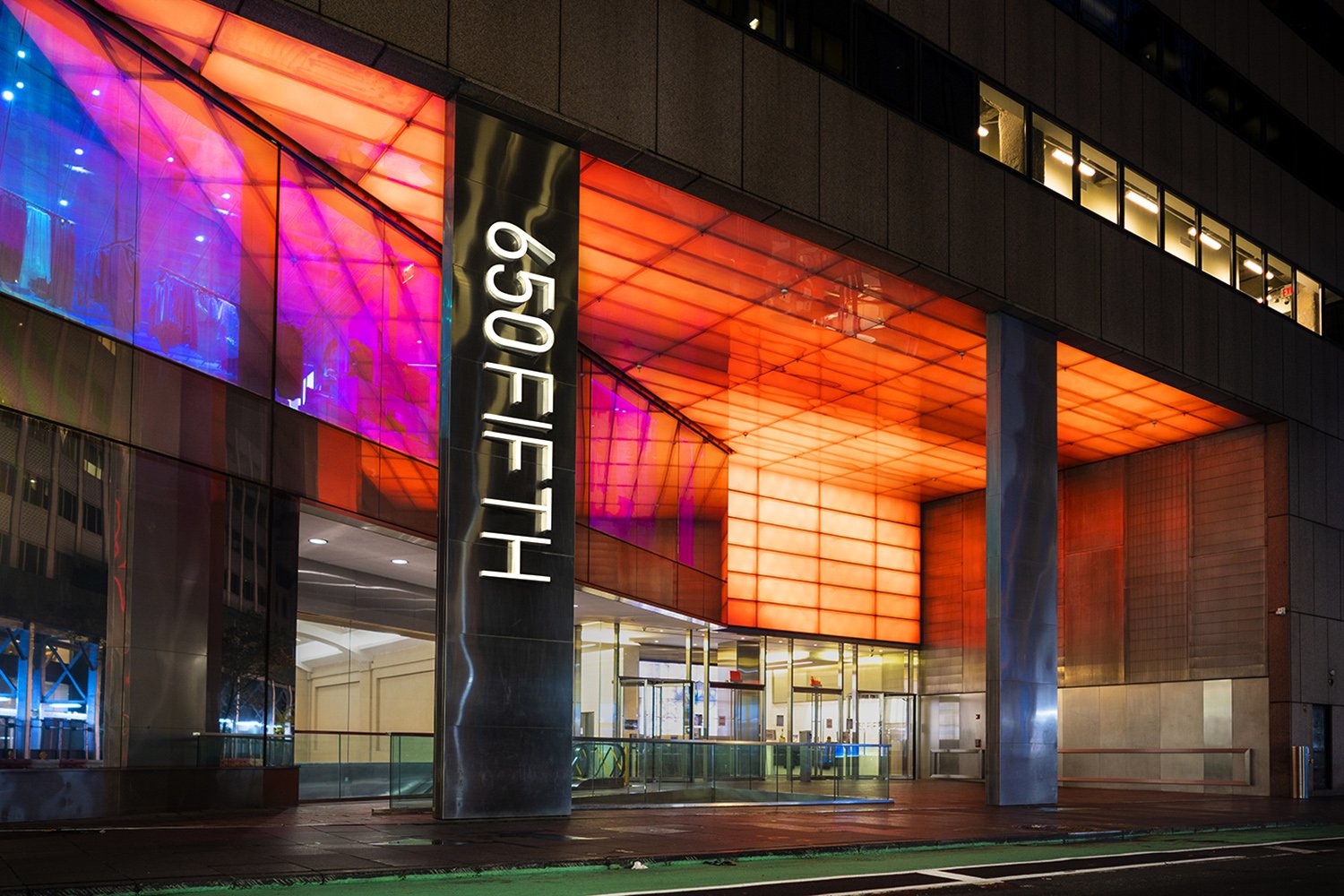
Maloney then discussed the Senate Rule Committee’s approval of the companion legislation to her H.R. 1980 to have the Smithsonian include a women’s history museum. “We don’t have any museums in the whole country dedicated to the contributions of women,” she said. “We have little sliver museums, we have one in upstate New York for the First Women’s Rights Convention…but not a Smithsonian museum that looks at the many contributions and tells the comprehensive story of our nation’s history and the extraordinary women who helped shape it.”
She also celebrated the House’s Friday passage of the MORE Act, which would decriminalize marijuana at the federal level, expunge the convictions of those imprisoned for weed-related offenses, and create opportunities for those most adversely impacted by the War on Drugs to undergo job training and reenter society.
The conference also saw a late appearance from Assemblymember Dan Quart (D-Upper East Side, Midtown East). He emphasized that more must be done at the state level to reverse the injustices faced by poor communities and communities of color most hurt by cannabis laws “over the last forty or fifty years.”
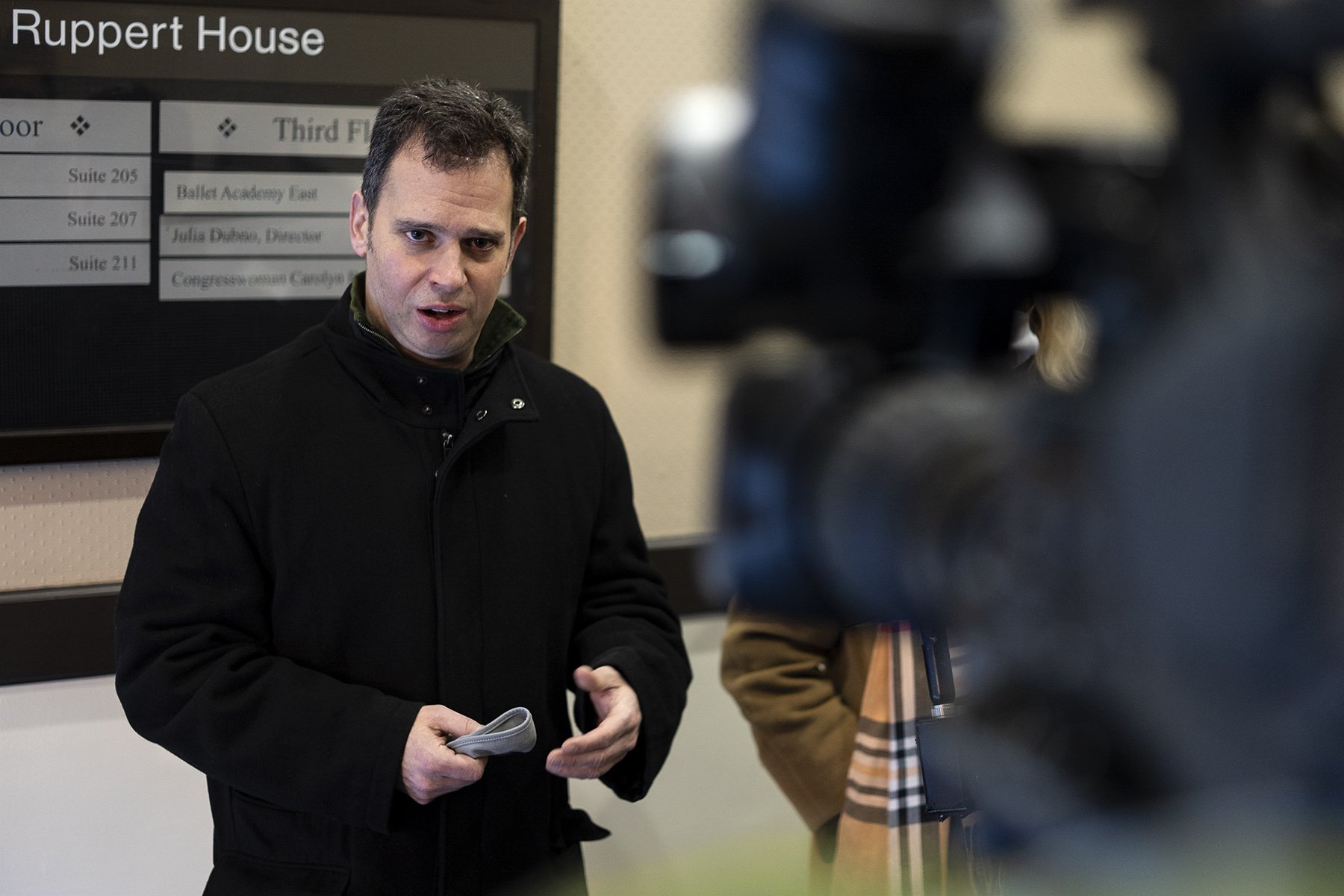
“The federal government, at least the House, has acted. The state has not, and we must do more at the state level to legalize cannabis,” he said.


